© Dominik Ketz, zur Verfügung gestellt von Rheinland-Pfalz Tourismus GmbH
The Hambach Castle Foundation was founded on February 1, 2002 as a Foundation under public law with the goal of preserving and maintaining Hambach Castle as a significant historical site for the development of democracy in Germany and European collaboration. This is achieved primarily through our permanent exhibit in Hambach Castle, a broad event program, and offers geared to specific target groups. The benefactors are the state of Rhineland-Palatinate, the city of Neustadt an der Weinstraße, the district of Bad Dürkheim, and the Palatinate District Association. The Hambach Castle Foundation is funded by the Federal German Government Commissioner for Culture and Media based on a decision passed by German Parliament.
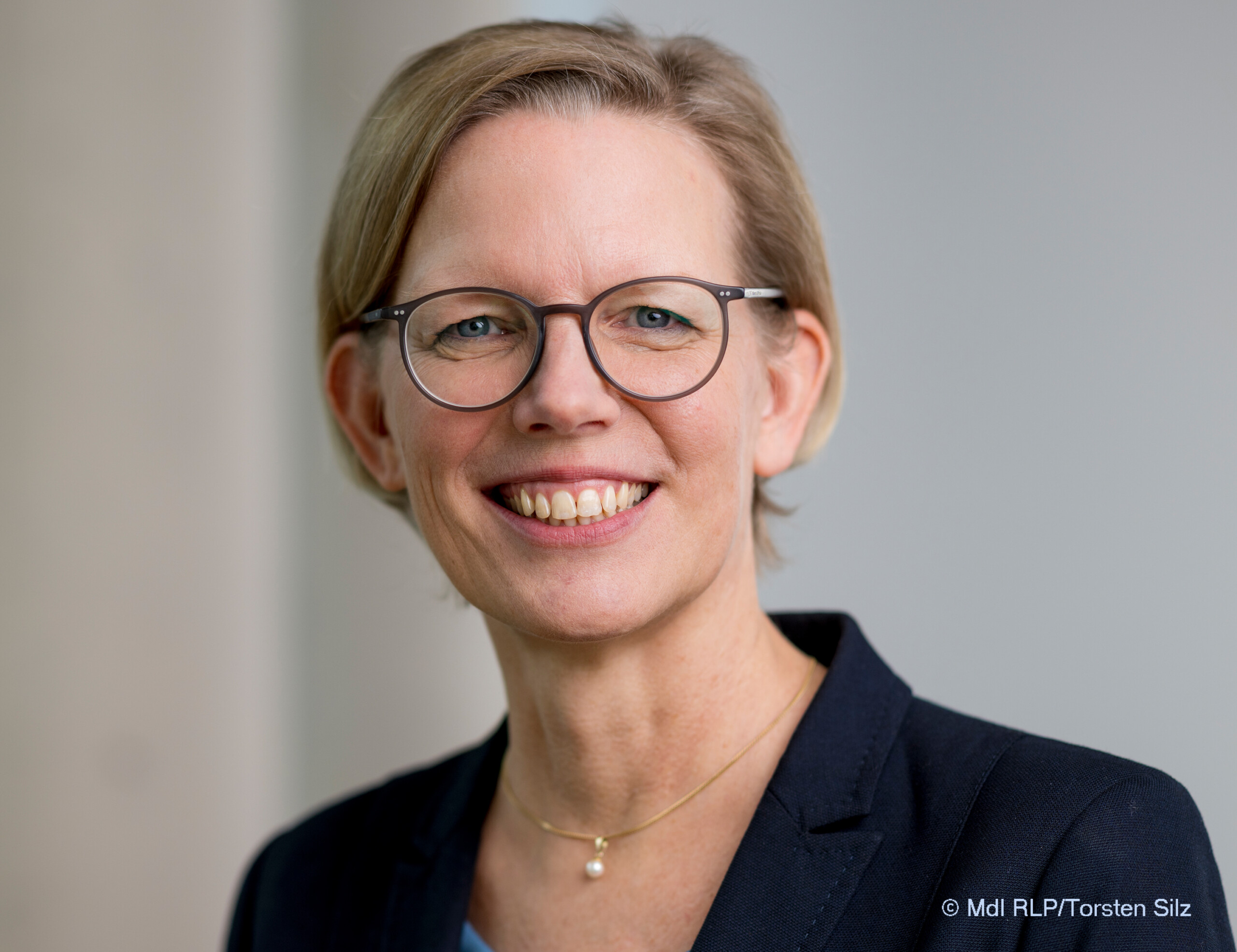
©MdI RLP/Torsten Silz
Chairwoman of the Board
State Secretary of the Interior Rhineland-Palatinate
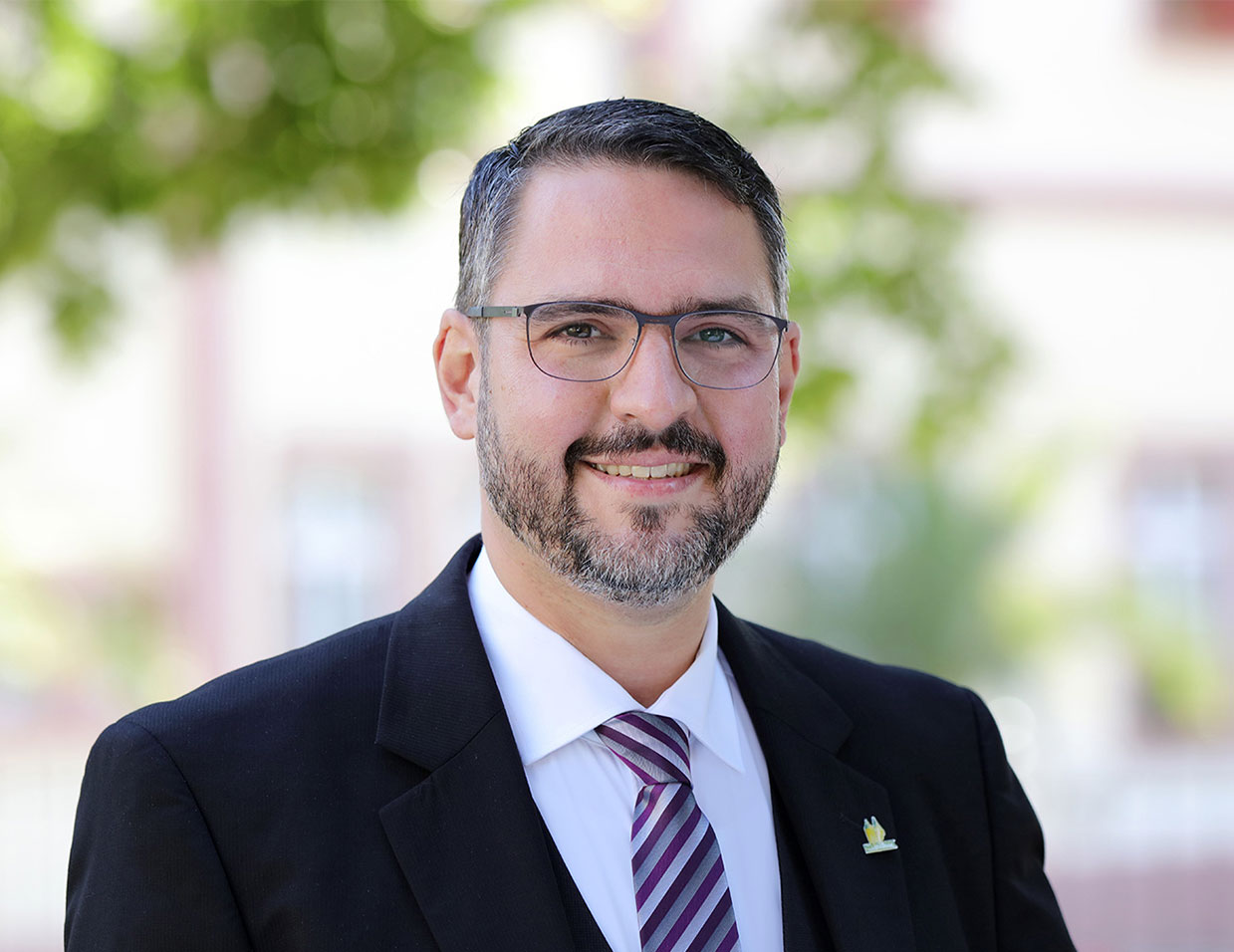
© Stadt Neustadt an der Weinstraße
Member of the Board
Lord Mayor of the city of Neustadt

Member of the Board
Authority of the Federal Government Commissioner for Culture and the Media
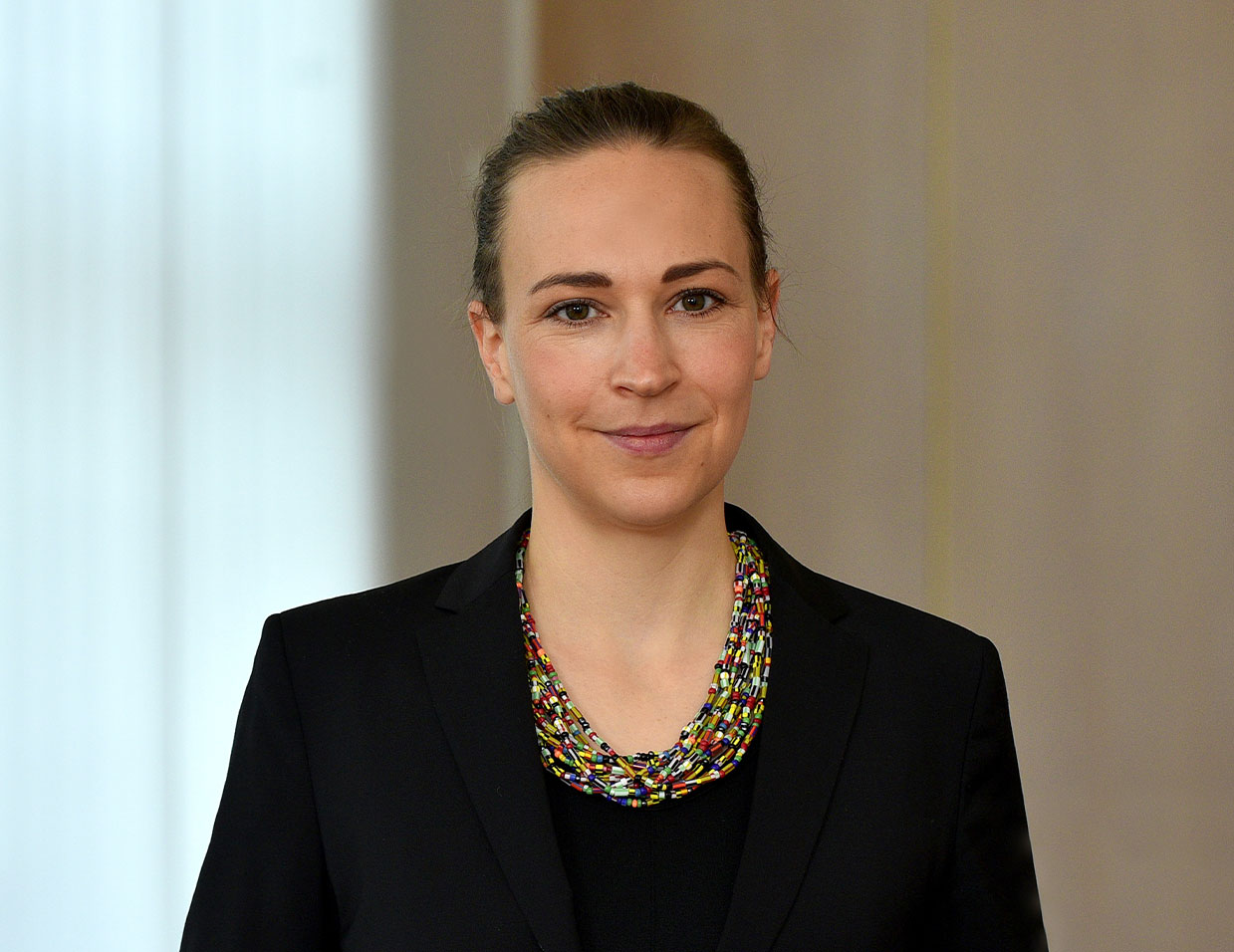
© Staatskanzlei / Fotografin: Kristina Schäfer
Member of the Board
State Chancellery Rhineland-Palatinate
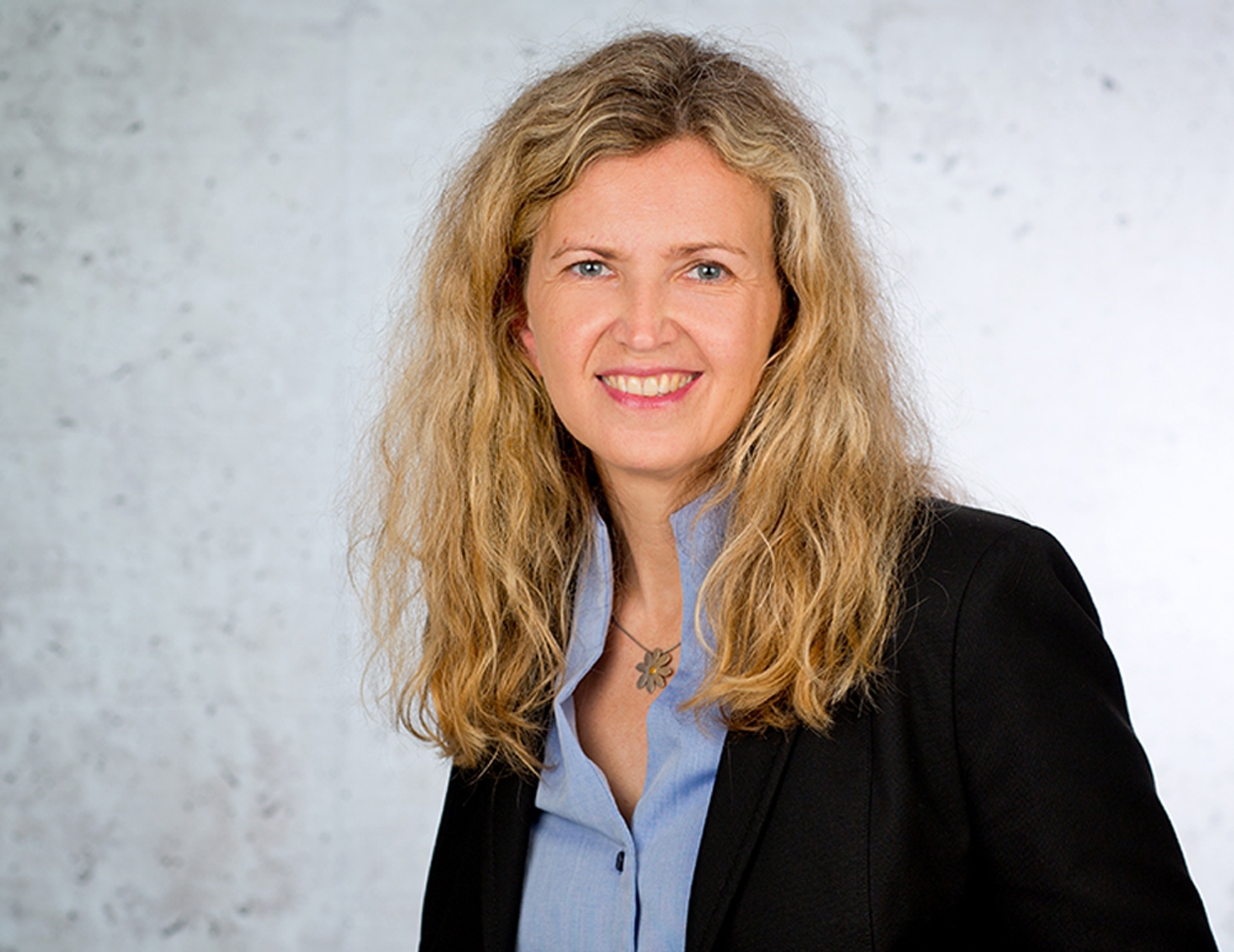
Member of the Board
Ministry of Finance Rhineland-Palatinate

Member of the Board
Ministry for Family, Women, Culture and Integration Rhineland-Palatinate

© Foto-view
Member of the Board
District Association for the Palatinate region (Bezirksverband Pfalz)
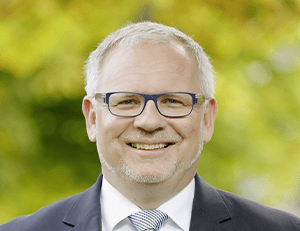
© Kreisverwaltung Bad Dürkheim
Deputy Chairman of the Board
District Administrator for the District of Bad Dürkheim
Chairman of the Advisory Board
Former Prime Minister of Rhineland-Palatinate
Vice Chairwoman of the Advisory Board
Former Minister of State and President of the German UNESCO Commission e.V.
Member of the Advisory Board
Editor-in-Chief "Die Rheinpfalz"
Member of the Advisory Board
Chairman of the Presidium of the Foundation House of History North Rhine-Westphalia
Member of the Advisory Board
Managing Director at the Leibniz Institute for Science and Mathematics Education
Member of the Advisory Board
Director of the Institute for Palatine History and Folk studies
Member of the Advisory Board
President of the Federal Agency for Civic Education
Member of the Advisory Board
Professor of Contemporary History at the University of Strasbourg
Member of the Advisory Board
European Youth Parliament in Germany
Member of the Advisory Board
Jurist
Member of the Advisory Board
Director of the Historical Archive in Warsaw




Press, Public Relations, Museum Education, Homepage



Shop, Cash Desk & Exhibition

House Technician / Janitor

Cleaner
The Hambach Castle Foundation was founded on February 1, 2002 as a Foundation under public law with the goal of preserving and maintaining Hambach Castle as a significant historical site for the development of democracy in Germany and European collaboration. In its mission statement, it names those values and methods with which it would like to reach these goals.
Hambach Castle is regarded as the cradle of German democracy. On May 27, 1832, around 30,000 people gathered on the mountain of Hambach Castle to advocate for civil liberties, rule of law, national unity, and European solidarity. Based on the example of the Hambach Festival, it is evident that in German history, democratic accomplishments, such as freedom of expression, freedom of the press, and freedom of association, were achieved and defended with courage and commitment. The participation of men and women of all classes from Germany, Poland, and France made the Hambach Festival one of the first political rallies on German soil and documents at the same time the early pursuit of equality, participation, and international understanding. The black–red–gold flag that was hoisted here for the first time became the epitome of freedom, unity, and democracy in Germany. We feel obliged to this historical legacy.
As the Hambach Castle Foundation, we act with the awareness that our democracy was struggled and fought for and that it constantly must be defended, designed, and lived anew. We stand for the liberal–democratic basic order of the Federal Republic of Germany and for democracy as a way of life, which requires action based on values. We therefore stand for the unreserved respect for the dignity of every person, for individual freedom and collective responsibility, and for a coexistence based on solidarity within our society and within Europe. We stand for respect and tolerance in mutual dealings, for cultural participation and inclusion, for freedom of expression and controversy in debates, and for civil courage and determination in rejecting inhumane, anti-democratic, and chauvinistic views.
Hambach Castle is a cultural meeting point for all citizens. As a place for democratic and European recollection, learning, and communication, we would like to create open rooms and forums in order to strengthen through discussions the affiliation with democracy and with Europe.
This happens:
On May 27, 1832, thousands of freedom-loving citizens from all parts of Germany celebrated the Hambach Festival at Hambach Castle.
Regardless of origin, social standing, or nationality, they advocated for the unity of Germany in a Europe united in solidarity and for fundamental democratic rights and freedoms. This peaceful demonstration for the freedom and unity of Germany is now regarded as a milestone en route toward the unity of Germany, and Hambach Castle is referred to as the cradle of German democracy.
With many events and the permanent exhibit, the Hambach Castle Foundation wants to continue to show to future generations the living conditions of the people in the first half of the 19th century and the ideas and visions in the early days of this momentous time.
The goal of the Foundation is to illustrate the tremendous significance of the Hambach Festival on May 27, 1832 for the development of democracy and the rule of law in Germany and the path to a cosmopolitan and tolerant Europe; to preserve Hambach Castle because of its cultural importance as an architectural monument; to maintain and expand the permanent exhibit; and to contribute to enliven this historical site with a range of diverse activities.
Hambach Castle is a crucial place of recollection for the history of German and European democracy and civil liberties. The use of the site must therefore comply with the peaceful, liberal, and supportive spirit of the Hambach Festival, and this must be done with the underlying liberal and democratic order of the Federal Republic of Germany.
The state of Rhineland-Palatinate, the district of Bad Dürkheim, the Palatinate District Association, and the city of Neustadt an der Weinstraße are, in this spirit, establishing a legally responsible Foundation under public law that is to have the following Statutes:
The Foundation fulfills its tasks from:
These are donations from:
the state of Rhineland-Palatinate in the amount of € 200,000;
the Palatinate District Association in the amount of € 16,666;
the district of Bad Dürkheim in the amount of € 16,666;
the city of Neustadt an der Weinstraße in the amount of € 16,666.
If a member of the Foundation’s Board is prevented from attending a meeting, they may arrange a stand-in from the local body (executive) they represent.
The Foundation is subject to government supervision according to the applicable laws governing foundations.
In the event of the dissolution of the Foundation, the state of Rhineland-Palatinate assumes the rights and obligations of the Foundation.
Liability for the Board and Management of the Foundation is limited to gross negligence and intent.
The Statutes entered into force retroactively on January 1, 2002.
An amendment to the Statutes entered into force on September 3, 2007.
Another amendment to the Statutes was adopted on February 5, 2010 by the Board and entered into force on February 24, 2010 with the legal recognition of the Foundation Supervisory Authority (Ministry of the Interior and for Sport of the state of Rhineland-Palatinate). Another amendment to the Statutes was adopted on March 20, 2014 by the Board and entered into force on June 5, 2014 by the legal recognition of the Foundation Supervisory Authority (Ministry of the Interior, for Sport and Infrastructure of the state of Rhineland-Palatinate). Another amendment to the Statutes was adopted by the Board on November 19, 2020 and entered into force on 15 December 15, 2020 with the legal recognition of the Foundation Supervisory Authority (Ministry of the Interior and for Sport of the state of Rhineland-Palatinate).